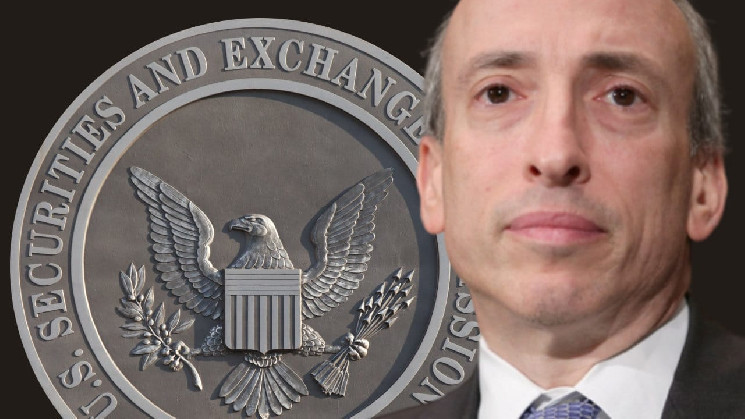Better Markets, a US-based non-profit organization, has taken a firm stance against the approval of Bitcoin Spot ETFs by the Securities and Exchange Commission (SEC). Grayscale, a major player in the crypto industry, has chimed in on the issue, arguing that the court decision should not compel the SEC to change its previous stance against approving multiple spot Bitcoin-based ETFs.
In a bold move, Better Markets has filed a supplemental comment letter, warning the SEC that approving the pending rule change would be a significant mistake, potentially leading to substantial investor losses. The organization claims that greenlighting these spot Bitcoin ETFs would expose investors to a market rife with fraud and manipulation, raising concerns about the integrity of the crypto industry.
Bloomberg analyst James Seyffart weighed in on the situation, expressing that a denial of the ETF approval would be unjust, given the extensive efforts made by applicants and SEC staff. These comments shed light on the intricate dynamics at play in the regulatory decision-making process.
Further adding to the complexity, FOX Business cryptocurrency journalist Eleanor Terrett highlighted the relationship between SEC Chairman Gary Gensler and Better Markets President and CEO Dennis Kelleher. The close ties between the two, stemming from their shared involvement in Biden’s presidential transition team, raise questions about potential biases against the crypto industry.
Dennis Kelleher’s outspoken criticism of the crypto industry, labeling it as having no legitimate or socially beneficial purpose, aligns with Gensler’s public stance that many cryptocurrencies are unregistered securities. This reinforces the challenges faced by the crypto industry in gaining widespread regulatory acceptance.
Additionally, the public endorsement of Better Markets by Senator Warren, a prominent critic of cryptocurrencies, further underscores the uphill battle for crypto proponents in navigating the regulatory landscape.
In conclusion, the intricate web of relationships and perspectives within regulatory bodies and the political sphere serve as crucial factors shaping the fate of crypto-related financial products. It is essential for market participants to navigate these complexities and stay informed about the evolving regulatory landscape. As always, individuals should seek professional financial advice tailored to their specific circumstances.









